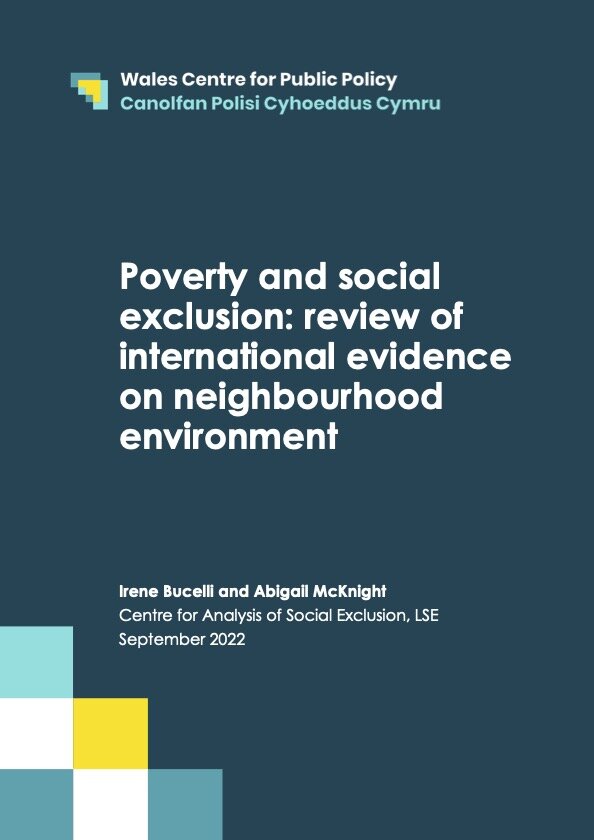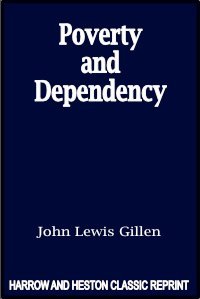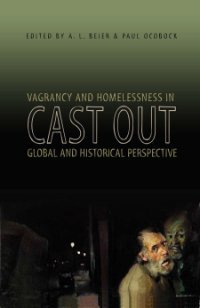Edited by Virginia Mantouvalou and Jonathan Wolff
In developing her conception of structural injustice, Iris Marion Young made a strict distinction between large-scale collective injustice that results from the normal functions of a society, and the more familiar concepts of individual wrong and deliberate state repression. Her ideas have attracted considerable attention in political philosophy, but legal theorists have been slower to consider the relation between structural injustice and legal analysis. While some forms of vulnerability to structural injustice can be the unintended consequences of legal rules, the law also has potential instruments to alleviate some forms of structural injustice. Structural Injustice and the Law presents theoretical approaches and concrete examples to show how the concept of structural injustice can aid legal analysis, and how legal reform can, in practice, reduce or even eliminate some forms of structural injustice. A group of outstanding law and political philosophy scholars discuss a comprehensive range of interdisciplinary topics, including the notion of domination, equality and human rights law, legal status, sweatshop labour, labour law, criminal justice, domestic homicide reviews, begging, homelessness, regulatory public bodies and the films of Ken Loach. Drawn together, they build an invaluable resource for legal theorists exploring how to make use of the concept of structural injustice, and for political philosophers looking for a nuanced account of the law’s role both in creating and mitigating structural injustice.
London: UCL Press, 2024. 334p.












